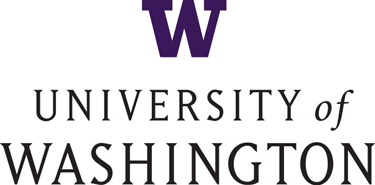David Peterson, University of Washington professor of forest biology, is available to talk about wildfires in the western U.S., including how fires start and behave; climate change and impacts on wildfires; smoke behavior and human health; firefighting budgets; and what people can do to prevent property damage.
Peterson also worked for years at the U.S. Forest Service’s Pacific Northwest Research Station, providing information and developing tools to help fire managers across the country.
Contact info: [email protected] or 360-422-5735
https://www.fs.fed.us/pnw/fera/staff/dpeterson/
http://adaptationpartners.org/who.php
Broadcast-ready soundbites, b-roll and video are available for download:
https://drive.google.com/open?id=1n3OQdNxh0ORDZnXf6NMu1SP9tkqgAgNz
Sample quotes:
“About 95 percent of the area that’s burned each year in the western U.S. is caused by 2 percent of the fires. So, those fires that occur during very extreme weather with high fuels and long periods of very dry, windy weather are the ones that really cause most of the effects in forest ecosystems and other ecosystems.”
“We expect probably two to three times more area burned each year than has occurred historically. So, start thinking about 15 or 20 million acres per year in the western United States burning. I think that’s a fairly conservative projection of what we could see in the future. Right now, an agency like the U.S. Forest Service spends over 50 percent of its fire management budget just on putting out fires. Imagine if we double or triple the amount of fire out there.”
MEDIA CONTACT
Register for reporter access to contact detailsArticle Multimedia
Credit: Kiyomi Taguchi/University of Washington
Caption: Forest biologist and UW professor David Peterson explains which natural materials burn hotter and faster during a wildfire and what homeowners can do to protect their properties.
Credit: Kiyomi Taguchi/University of Washington
Caption: Soundbites, b-roll and video: Forest biologist David Peterson on wildfire ignition, fuel and behavior; how fires are combated; climate change and impacts on fires; wildfire budgets; and what people can do to prevent property damage.
